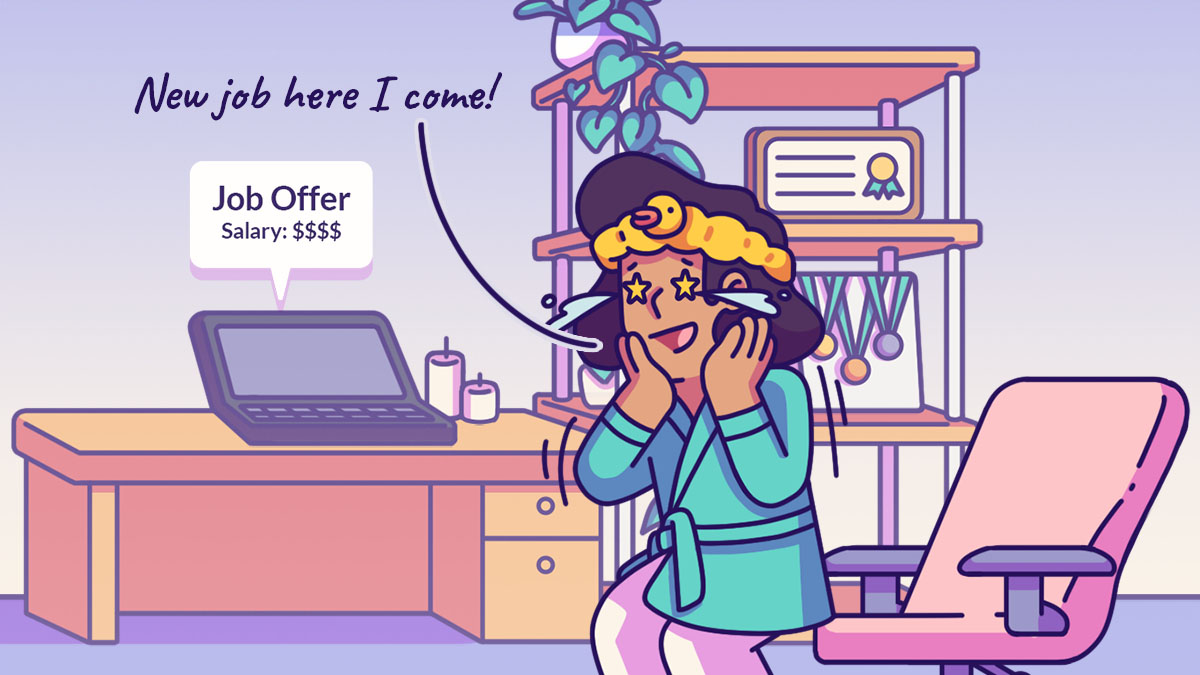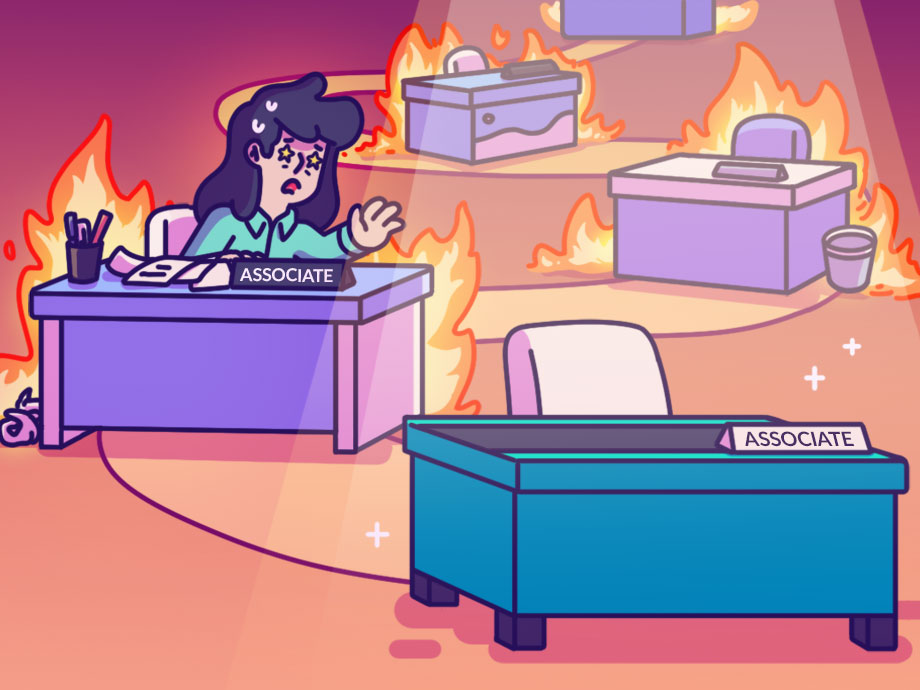Career & Education | Life | Article
6 Correct Things You Should Do After Getting A Job Offer
by Eunice Leong | November 20, 2024

Congratulations, you’ve landed a job offer!! The arduous work of job seeking is behind you, but now comes the critical part: how to handle your job offer with care.
You may think that everything will be over once you sign on the dotted line, but there are actually a few important steps to do that will elevate your professional decorum.
So, here are the step-by-step actions you should take once you have secured your job offer.
Step #1: Review your offer letter
Don’t get too excited yet! Once you have received your offer letter, these are the details you should review before you sign: salary, benefits, terms & conditions, hours, and leave days. These particulars deserve much attention as they will impact your working life later on.
If you wish to ask for some changes, don’t be afraid to negotiate your terms directly with your hiring manager. Yes, it can be daunting, but open communication is key to making this partnership between you and the company work. This also allows them to understand your concerns and potentially find a way to address them.
Step #2: Notify your current supervisor
After signing your offer letter, it is time to notify your current employer of the news of your departure. While many might advise you to simply submit your resignation letter, the best approach is to set up a personal meeting with your current reporting manager to inform them in person.
During the meeting, you can personally thank them for their guidance and support throughout your journey at the company. If your manager presents a counteroffer, remind yourself of the reasons why you are leaving and stay firm with your decision. Then, submit a formal resignation letter, along with a mention of the agreed-upon last day.
Step #3: Inform the other companies who have interviewed you
Just as much as you don’t appreciate being ghosted by companies, it’s important not to ghost your interviewers. If you have scheduled or attended any interviews in advance, do remember to notify your promising prospects that you have accepted another offer.
Moreover, take the opportunity to express your gratitude for their time and effort throughout the hiring process.
By doing so, you are keeping your door open for potential opportunities down the road. Furthermore, it shows that you are an excellent candidate who holds respect for other people’s positions.
Related
Step #4: Stay in touch with your new manager
Unsure of what to do while you are waiting for the first day at your new job? You can approach your hiring manager to introduce yourself first. Feel free to connect with them through email or LinkedIn as a professional courtesy.
Whilst talking with them, you can ask about what to prepare for the first day, if there’s any paperwork you need to fill out, where and when to report, and if there will be an orientation. It’ll give you a head start in your new job!
Step #5: Prepare a 30-, 60-, and 90-day plan
Multiple companies offer a certain list of Key Performance Indicators (KPI) that you need to achieve during your probationary period. For new roles, this may be an unfamiliar territory for you, but fear not! You can schedule a personal meeting with your supervisor in the first week to discuss with them what is expected of you, and what training will be provided to help you achieve these tasks.
If you are already familiar with the scope of the role, you can start outlining your own 30-, 60-, and 90-day plan, setting a gradual path to meet the required KPIs. Therefore, you will feel less overwhelmed as you adapt to your new role.
Step #6: “Starting strong is good. Finishing strong is epic”
New beginnings are always exciting, but only a few are truly determined to finish strong. Even as you prepare to leave, do not slack off in your work as it will only give off a soured impression of your work ethics.
No matter how eager you are to leave, continue to put in your best effort and ensure a smooth handover for your replacements. Doing so will leave a lasting, positive impression on your current employer and ensure a smoother transition to your next role.
Embarking on a new journey in your career is often exciting, but it is also important to acknowledge your current employer who also believed in you.
Therefore, ensuring a smooth transition and finalising your tasks are key responsibilities before you move on. Once your clearance is approved, you can fully focus and anticipate your new role.
















